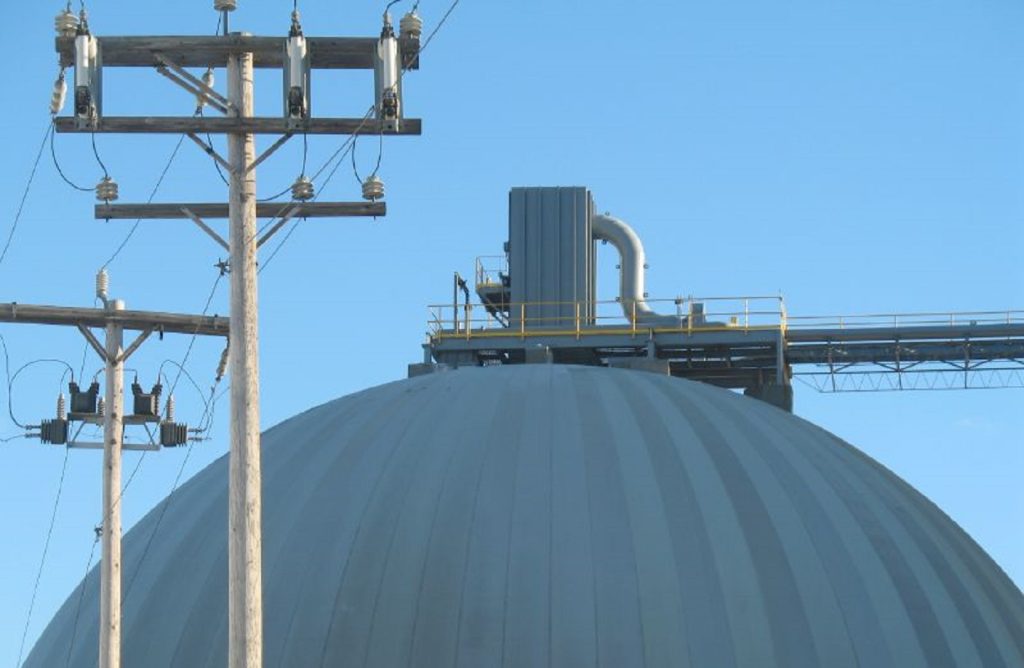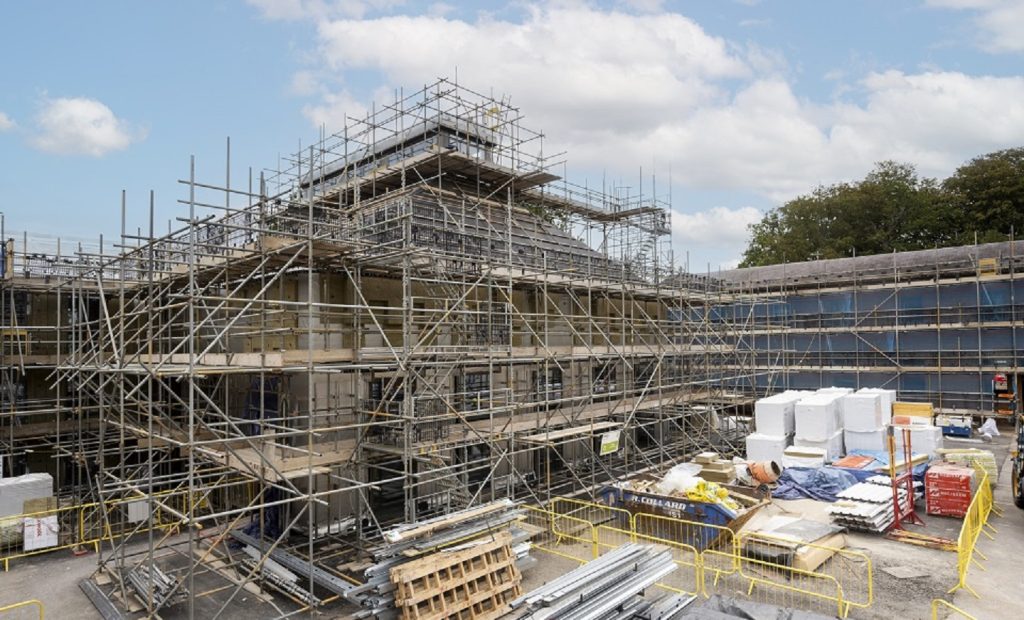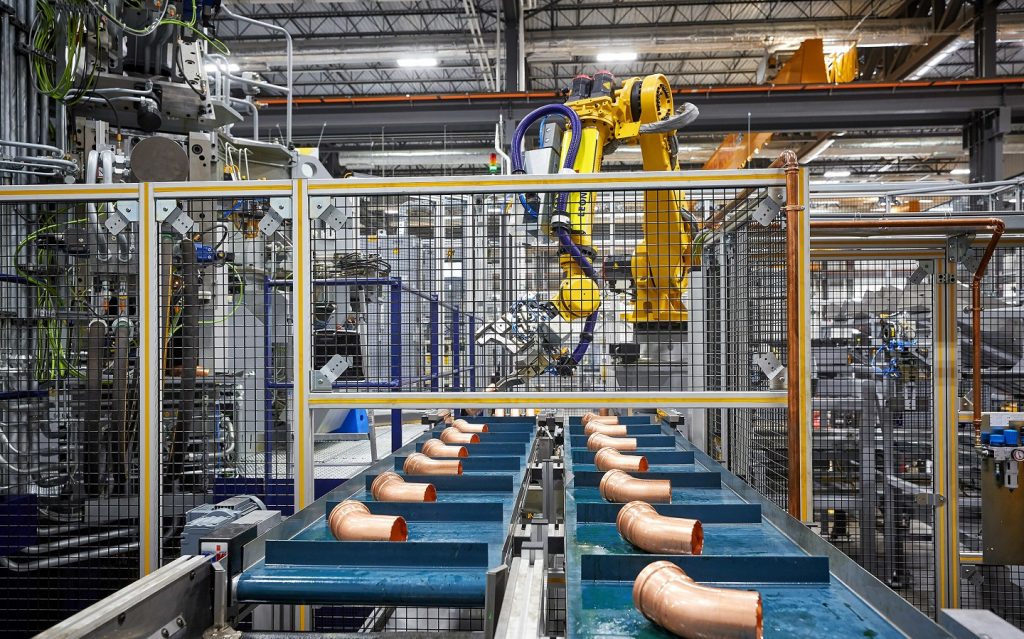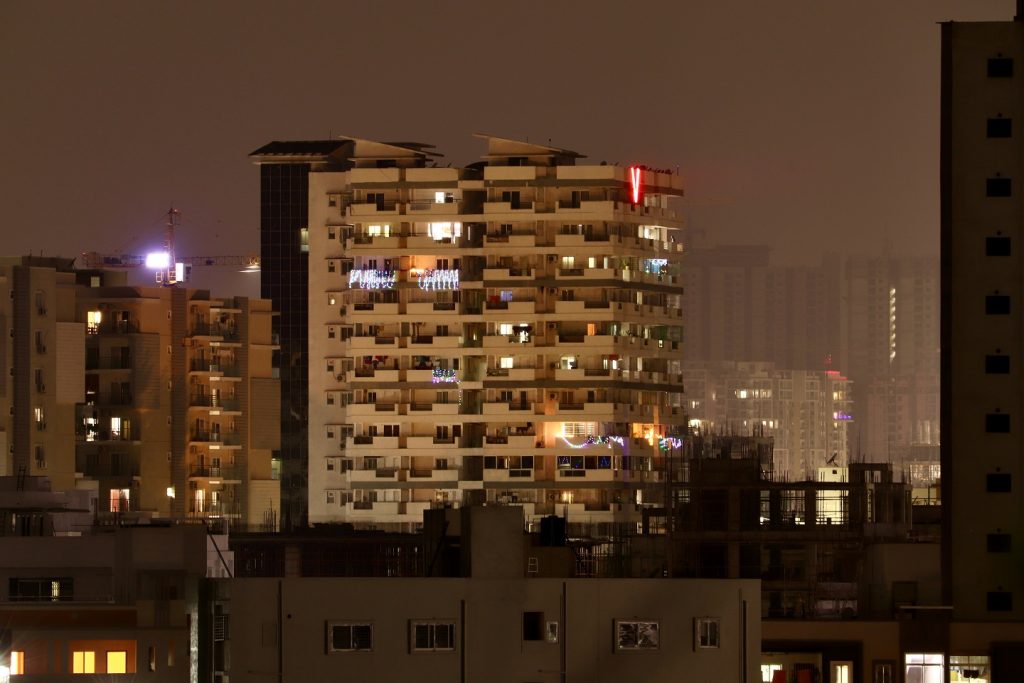Germany's Federal Minister for Economic Affairs and Climate Action Robert Habeck has revealed that the government plans to place strict building insulation requirements on hold indefinitely, reported Reuters.
This move is part of an effort to help the country’s struggling construction industry and kerb the effects of rising interest rates.
The comment from the minister was made ahead of an upcoming meeting between Germany's building industry and government officials, including Chancellor Olaf Scholz.
Habeck said: “High-interest rates and inflation are a heavy burden for the construction industry.
“I don’t see this new standard being introduced in this legislative period [late 2025].”
The decision could also imply a waiver of the Efficiency House 40 energy-saving standard for new buildings.
The news agency also stated that industry executives are calling for the termination of sales tax on real estate transactions and the establishment of a government-backed credit programme to support borrowers in reducing excessive interest rates.
Prices of residential property in Germany fell an average of 9.9% in the second quarter of this year, according to the Federal Statistical Office of Germany (Destatis).
The figure is seen as the largest drop in residential property prices since records of it began.
The country, whose population has lately increased as millions of people migrate to the nation, plans to build 400,000 apartments each year to supplement the problem, but has so far failed to meet this goal.
Last month, Destatis reported that the number of apartments being constructed in the country fell in the first half of this year.















